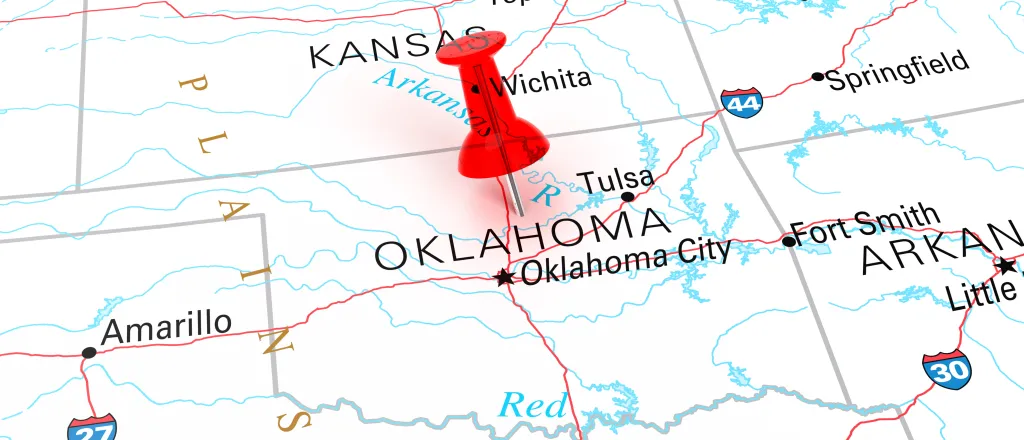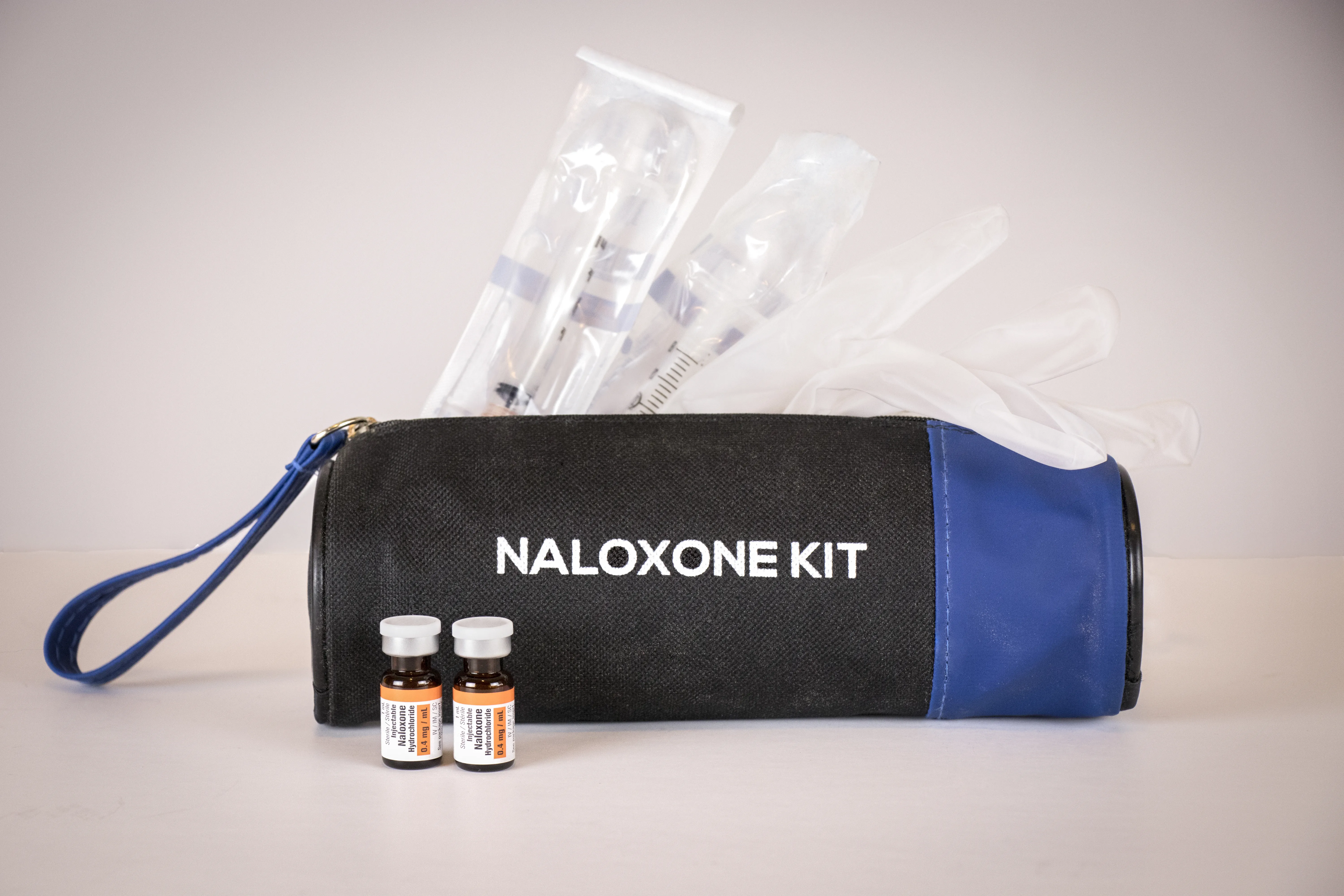
Oklahoma on the hook for more than $650,000 of misused grant money
(The Center Square) – Oklahoma must return more than $652,720 of federal COVID relief funds that federal auditors said was used to purchase items that included television sets, phones and furniture.
A report from the U.S. Department of Education Office of Inspector General said Gov. Kevin Stitt's administration failed to manage millions of dollars in the Governor's Emergency Education Relief Fund Grant.
The Stitt administration entered an $8 million contract with ClassWallet to manage a program called "Bridge the Gap." The initiative awarded $1,500 in grants to families 185 percent below the federal poverty level to purchase technology and tutoring. ClassWallet's website also includes other non-educational items, which accounted for 11 percent of the purchases.
"Oklahoma did not have any monitoring controls in place to prevent the Bridge the Gap purchases we identified in our testing as items that did not appear to be education-related," auditors said in the report released Tuesday.
Overall, the governor's office received $39.9 million from the emergency grant program, which it split into five initiatives.
The Stay in School fund awarded $6,500 grants to families with students in non-profit private schools that were 350 percent below the federal poverty level. Auditors said they were not able to fully confirm the eligibility of eight of 10 students in a random sample. The program received $10 million in funding.
The Statewide Virtual Charter School Board was given $12 million, with $6.5 million designated to parents in public, private and charter schools who wished to receive online curricula. The state did not set any eligibility requirements.
Five million dollars was set aside for public schools for online instructor-led courses and professional development. The $5,000 to $20,000 grants were awarded to local school systems based on enrollment. The remaining $500,000 was set aside for a "help desk" and administrative costs. The state returned $419,685 of the $500,000 awarded.
Tri-County College received $1 million for the "Skills to Rebuild" initiative, which would help employers find workers in high-demand jobs.
The only initiative not questioned by auditors was $8 million give to the Oklahoma State Department of Education. The department used the money to "bridge the digital divide and strengthen distance learning," according to the report.
"OSDE designed and implemented a monitoring process for its LEAs that provided reasonable assurance that the GEER grant funds were used in accordance with the CARES Act and other federal requirements," auditors said in the report. "Specifically, OSDE developed a written monitoring plan and a reimbursement process to ensure the funds were being used for allowable purposes."
Auditors criticized the Stitt administration for drawing down the entire $39.9 million grant when there wasn't an immediate need for the funds.
"Drawing down an excessive amount of funds without an immediate cash need increases the risk of mismanagement of the funds," auditors said.
In addition to returning the $652,720 in misused grant money, auditors are asking the state to "provide documentation, or a full and detailed written explanation, of the process Oklahoma used to determine the initiatives it supported with GEER grant funds and the entities it selected to administer the initiatives." Auditors have also asked the state to do a complete review of the Bridge the Gap and Stay in School initiatives.
State officials said corrective actions were in place but did not indicate whether they agreed or disagreed with the findings, according to the report.
But the state "did not propose actions that address our recommendations that it provide documentation or a detailed written explanation of the GEER grant award process that it used, perform a review of Stay in School Fund microgrant recipients and confirm that all students were eligible to receive funds, return funds or provide documentation for the questionable Bridge the Gap expenditures that we identified, perform a review of and return funds for any other unallowable Bridge the Gap expenditures, and return any unexpended GEER grant funds," auditors said.















